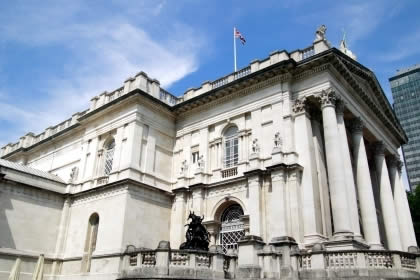When you’re vacationing in Fiji you’ll hear many unfamiliar words. While English is the predominant language, several Fijian words have made it into the everyday vernacular.
 [/caption]
If you're saying goodbye at the end of a big night of cocktails you might use the phrase "Ni sa moce." It translates as "sleep," but is used in place of goodbye or good night. If that phrase is a bit of a mouthful, you can always use the more informal shortened one, moce. Note that the c in moce has a th sound.
When you're interacting with Fijian resort staff, remember to say vinaka, which means "good" or "thank you." If you're particularly impressed by the service you receive you might say the more enthusiastic "Vinaka vaka-levu," which means "thank you very much."
Talanoa is the Fijian word for storytelling, one of the favorite pastimes of the friendly Fijian people. Don't be afraid to sit down with anyone asking you to join them for a talanoa tea. The locals are not nosey when they enquire about your origins and relationships; they simply want to learn about your culture the way you're learning about theirs!
[/caption]
If you're saying goodbye at the end of a big night of cocktails you might use the phrase "Ni sa moce." It translates as "sleep," but is used in place of goodbye or good night. If that phrase is a bit of a mouthful, you can always use the more informal shortened one, moce. Note that the c in moce has a th sound.
When you're interacting with Fijian resort staff, remember to say vinaka, which means "good" or "thank you." If you're particularly impressed by the service you receive you might say the more enthusiastic "Vinaka vaka-levu," which means "thank you very much."
Talanoa is the Fijian word for storytelling, one of the favorite pastimes of the friendly Fijian people. Don't be afraid to sit down with anyone asking you to join them for a talanoa tea. The locals are not nosey when they enquire about your origins and relationships; they simply want to learn about your culture the way you're learning about theirs!
